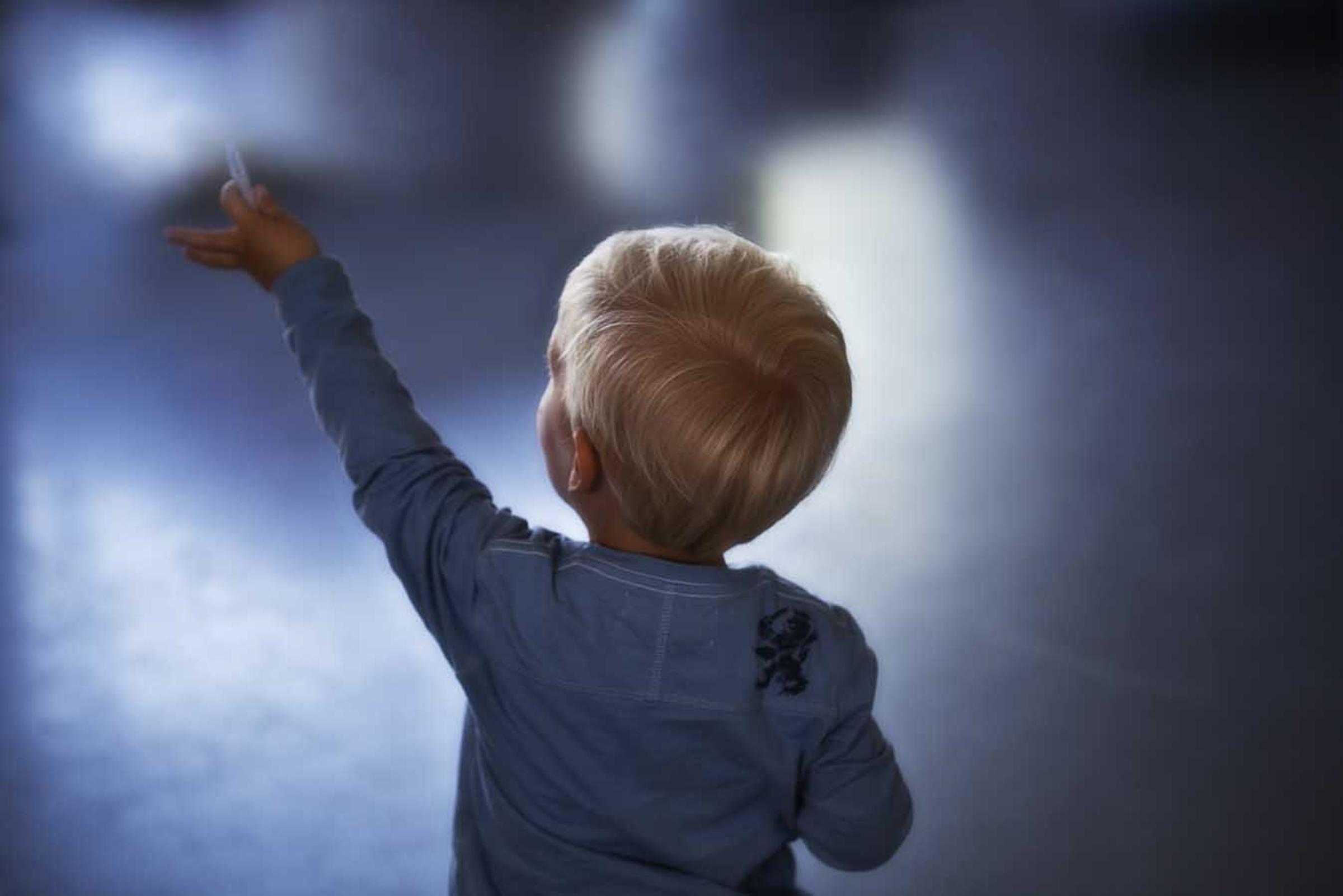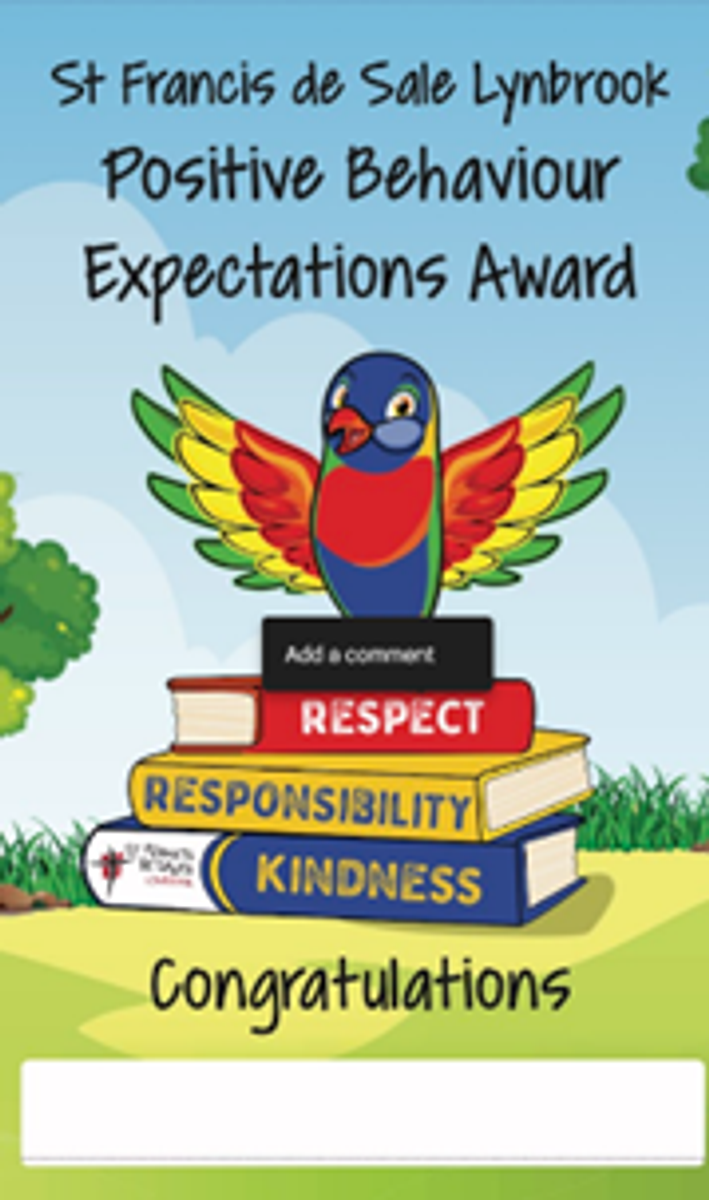Wellbeing

Positive Behaviours for Learning (PBL)
At SFS, our school expectations are:
Respect
Responsibility and
Kindness
This week we have focused on RESPONSIBILITY, Engage and persevere with all tasks. We collect data on the children’s behaviour and the problems they are having at school. We have seen an increase in student’s being defiant and not doing what they have been asked to do. We decided to look at the skills of being able to stay on task and not give up, even when we find work difficult.
We have broken this expectation into the following behaviours
- Be prepared. Have what you need for learning.
- Sit in a place where I can focus and participate in class.
- Participate in the lesson and share your ideas and questions.
- Ask for help if you are unsure of what to do.
- Start on the work promptly.
- Make a plan of what you need to do.
- Break the task I am working on into smaller steps to make it easier.
- Have a positive attitude to learning.
Here is one of our lucky raffle winners from last Friday who has been demonstrating our school expectations.
SFS Twilight Community Market
A huge thank you to everyone who came and supported the SFS annual twilight community market. You might like to get involved next year and have a stall or know someone who has a small business they would like to promote. Please speak to me or send me an email if you would like to be involved. rlenko@sfslynbrook.catholic.edu.au
Transition from Primary to Secondary school
We are getting to that time of the year where our Year 6 students are looking forward to a transition to secondary school as they are coming to an end of their primary school years. Many of the year 6’s I have spoken to have said they feel a mixture of excitement and worries. The following information may be helpful to parents of students transitioning to secondary school. It is taken from the BeYou website. For more information, visit beyou.edu.au
“Strong relationships between children, their families and educators enhance the wellbeing of children.
Primary and secondary schools should aim to develop effective transition policies. A genuine sense of partnership can help build understanding of each environment and help transfer information about students and families from one school to another.
How can primary schools support a smooth transition?
Transition support and activities should start 12–24 months before students begin secondary school, with primary and secondary schools communicating in a handover process.
Some effective strategies to help support the transition include the following:
Primary school educators can prepare all children for the transition – beginning in the year or years before moving schools. Strategies include:
- Talking to students about secondary school, visits from secondary school staff and students, as well as visits to the new school from the primary school.
- Teach students how to recognise their feelings and where to go if they feel they need help.
- Providing general problem-solving skills will help students during the transition, and beyond.
- Secondary school educators can help students settle into their new environment with orientation activities, such as study skills workshops, campus tours and identifying support resources, such as the student counsellor and year, in the secondary school.
- Educators can connect with families – families have rich information about their child’s needs, which can inform planning of programs and strategies for individual students.
- Giving families suggestions for how they can support and develop their child’s social and emotional skills, coping and help-seeking strategies can also be helpful.
Some students need extra support and personalised strategies during times of transition.
Vulnerable students may be at increased risk of social and emotional problems and disengagement from school at this time. Additional and personalised supports may be required for certain students, for example children who are homeless (or at risk of homelessness) or students living with a chronic illness or a disability”.
If you have any concerns about the wellbeing of your child, please do not hesitate to contact me. rlenko@sfslynbrook.catholic.edu.au
Rachel Lenko
Student wellbeing Leader



